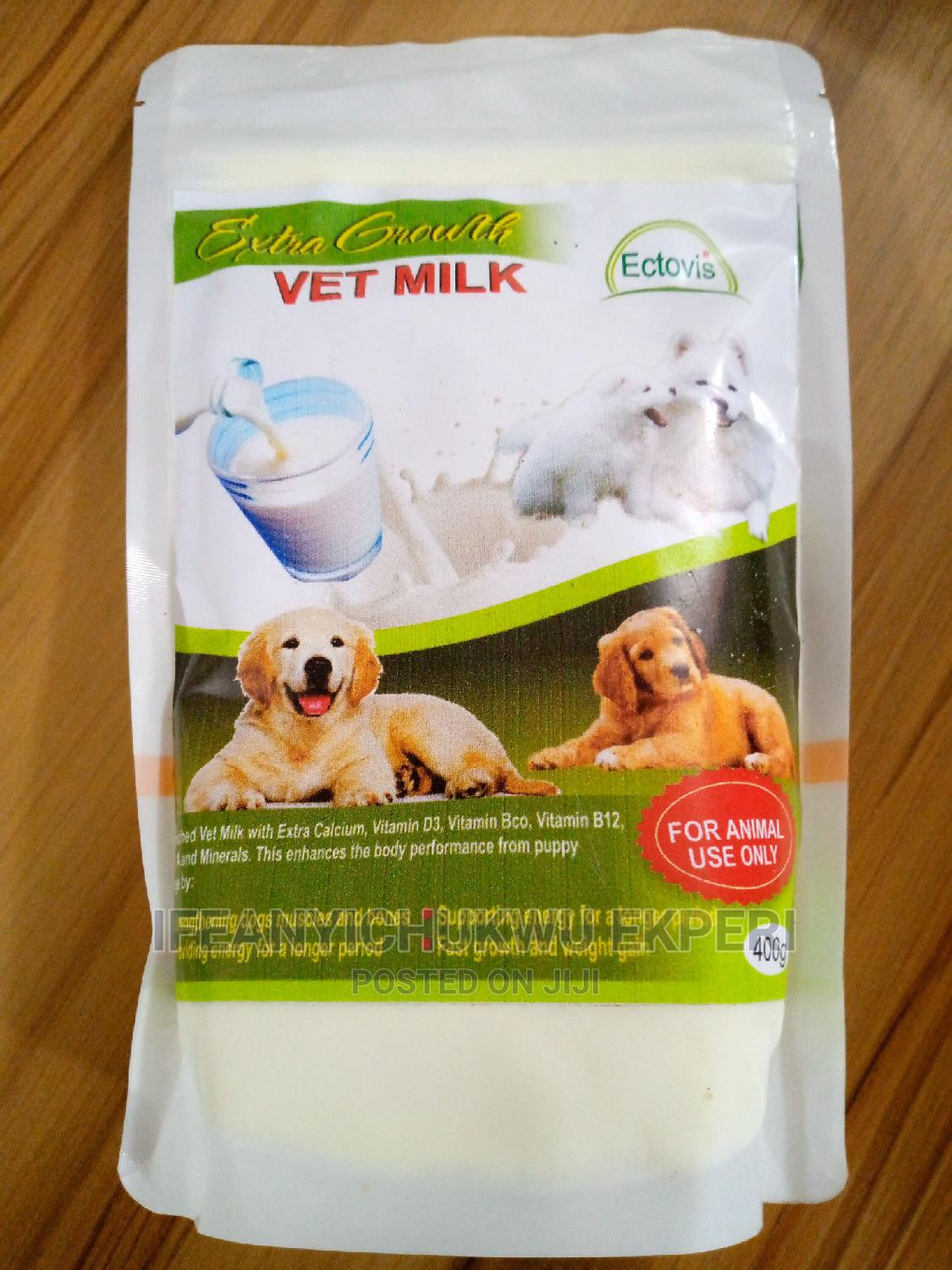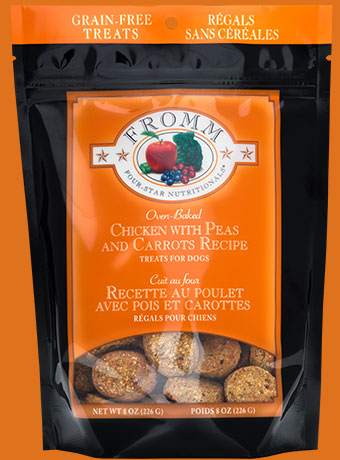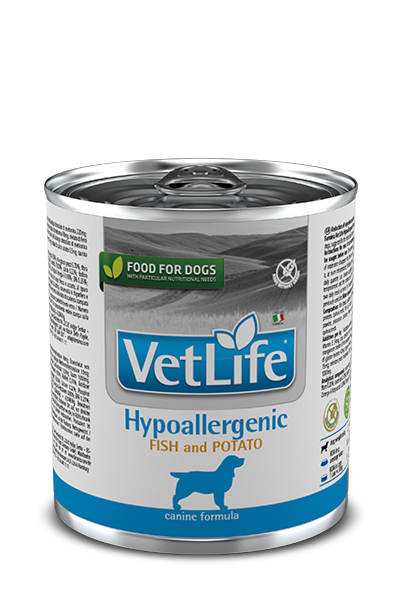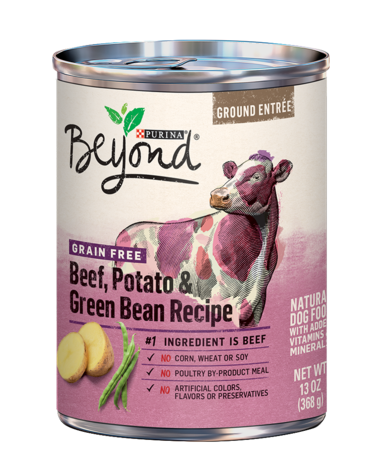Your cart is currently empty!
Extra Growth Vet Milk
Extra Growth Vet Milk: Sometimes puppies need puppy milk replacer at the start of their life to make sure they are getting everything they need nutritionally so they can grow big and strong. Not every puppy needs a milk replacer in their diet, but it is important to know when one does. If you are […]
Description
What is Puppy Milk?
Just like humans, puppies depend on their mom for nutrition for the first portion of their life. This can last a few weeks, but until they can eat solid puppy food, they need their moms milk to help meet all of their nutritional needs after theyre born.
In some situations, the mom dog is not always available to provide their puppies with the milk they need to stay full and healthy. In situations like this, a puppy might need a milk replacer. Puppy milk replacers are specially formulated powders/milk that are designed to replace the milk that a puppy is not getting from their mom. They make sure a puppy is getting all of the nutrients they need in their diet so they can continue to grow and develop.
When Do Dogs Need Milk Replacers?
1. When Mom Isnt Around
There are a lot of different reasons why a puppys mom isnt present. But if the puppy is still at an age where they need milk to stay healthy and mom isnt around, then they might need a puppy milk replacer until they can eat solid dog food.
2. When Mom Wont Feed Them
There are also some situations where a puppys mom will reject her litter and refuse to feed her puppies. There is no single reason this happens, but the litter must get a milk source to stay healthy.
3. When Puppies Are Left Out
Sometimes a litter has puppies that are smaller than others. In this situation, the larger dogs might hog the milk source, making it difficult for smaller dogs to get what they need from mom. They might need some of their diet supplemented with milk replacers to keep them growing healthy and strong.
Signs of Malnutrition in Puppies
Knowing the signs of malnutrition in puppies is helpful for knowing whether or not a pup is getting what they need from moms milk. Some common signs of malnutrition include:
1. Physical Appearance
Malnutrition can have a huge impact on a pup’s physical appearance. If your puppy isnt getting their nutritional needs met, they may have itchy/flaky skin, thin fur, weight loss and more.
2. Inconsistent Bowel Movements
If you have a puppy that isnt going to the bathroom or isnt going to the bathroom consistently, this can be a sign of malnutrition.
3. Stunted Growth
If you notice that other puppies in the litter are growing quicker or that a puppy just doesnt seem to be growing at the right weight this can be a sign that they need a puppy milk replacer.
If a pet parent sees any sign of malnutrition in their pup, they should bring it up with their vet immediately.
How to Use a Puppy Milk Replacer
If possible, the best option is to try to have puppies nurse from their mother for the first couple of days after their birth. A mother dogs milk contains substances that help protect the health of fragile newborn puppies.
Whenever you have to make the switch to bottle-feeding you should choose a milk replacer made especially for puppies. Do not feed a puppy cows milk, goats milk, or human infant formula although puppy formulas may contain some similar ingredients.
For newborn puppies, check the milk replacers label to find out the appropriate serving size and instructions. Follow those instructions exactly along with your vets guidance to make sure you are using them correctly. Feed your puppies while theyre lying on their stomachs, to mimic the way they nurse in real life. Just as with human babies, puppies need to be burped after feeding.
Feed your growing pups several times a day. Weigh them three times a week to make sure theyre hitting their growth milestones.
Transitioning Your Pup From Bottle to Bowl
When your vet gives you the go-ahead to transition your pup from puppy formula from a bottle to a dog bowl, you can put the milk replacer right into the bowl.
This is also around the time youll start feeding them solid food. Choose puppy food, not adult dog food, and be extra careful about serving sizes. Puppies need to eat a lot at this stage.
Information in this article is not intended to diagnose, treat or cure your pet. It is not a substitute for veterinary care provided by a licensed veterinarian. For any medical or health-related advice concerning the care and treatment of your pet, contact your veterinarian.




